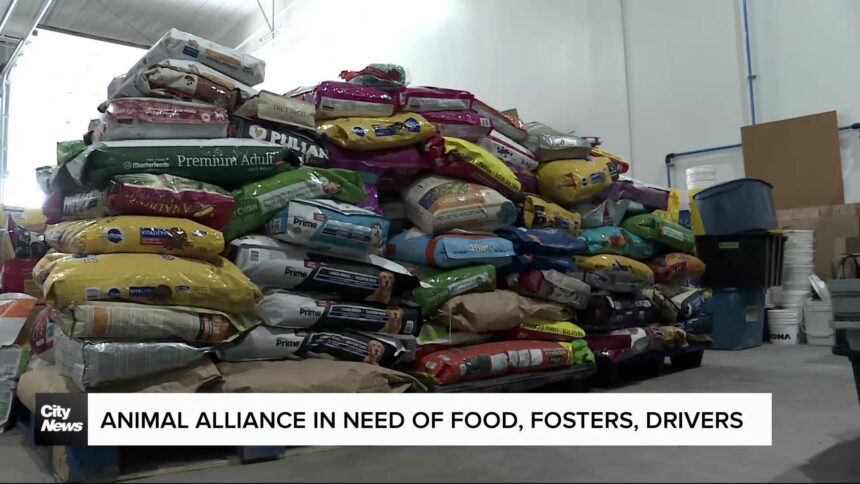A dire situation is unfolding across Northern Manitoba’s remote communities as local animal rescue organizations face critical shortages of essential supplies and foster homes. Manitoba Underdogs Rescue, one of the region’s most active nonprofit groups, has issued an urgent appeal for assistance as they struggle to meet the overwhelming needs of abandoned and surrendered dogs.
“We’re currently at a breaking point,” explains Jessica Hansen, Executive Director at Manitoba Underdogs Rescue. “The number of dogs requiring immediate intervention has doubled since last year, but our resources haven’t kept pace with this surge. Without additional support, we’ll be forced to turn away animals that desperately need help.”
The crisis stems from multiple factors affecting Northern communities, including economic hardships, limited access to veterinary care, and the ongoing impacts of the pandemic which disrupted many spay and neuter programs. Remote locations across Northern Manitoba often lack basic animal welfare infrastructure, leaving community members with few options when they can no longer care for their pets.
According to CO24 News, rescue organizations have taken in over 500 dogs from Northern communities in the first half of 2025 alone—a staggering 70% increase from the same period last year. These animals often arrive malnourished, suffering from untreated medical conditions, and requiring extensive rehabilitation.
The most pressing needs include quality dog food, particularly for puppies and nursing mothers, temporary foster homes, and funds for emergency veterinary care. Many of the rescued dogs require immediate medical attention for conditions ranging from malnutrition to parasitic infections.
“Each dog costs us approximately $750 in basic care before they can be adopted,” Hansen notes. “With dozens arriving weekly, our financial resources are severely strained.”
The situation has garnered attention from Canada News outlets across the province, as the scale of the crisis grows. Local businesses and community members have begun organizing collection drives for supplies, but the need continues to outpace donations.
Veteran foster parent Marianne Thompson describes the rewarding nature of temporarily housing these animals: “These dogs arrive terrified and often sick, but within weeks, their personalities emerge. There’s nothing like watching a dog learn to trust and play for the first time. It’s challenging work, but incredibly fulfilling.”
Rescue organizations emphasize that fostering requires no previous experience—just a willingness to provide a safe, temporary home while dogs await permanent adoption. All necessary supplies and medical care are provided by the rescue groups.
For those unable to foster, donations of puppy food, quality adult dog food, blankets, and cleaning supplies are desperately needed. Financial contributions allow rescues to provide urgent medical care, including vaccinations, spay/neuter procedures, and treatment for specific injuries.
As we witness this growing crisis in our northern communities, one question remains particularly poignant: How can our province build more sustainable animal welfare systems that address the root causes of pet overpopulation and abandonment in remote areas, rather than perpetually responding to emergencies?


















